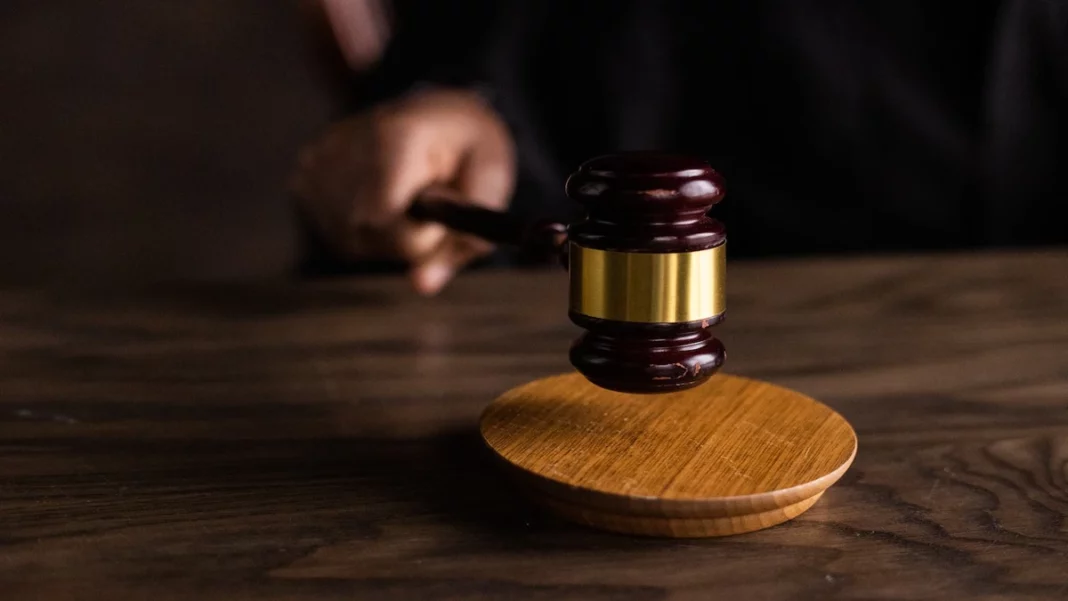Beginning on September 27, the Supreme Court (SC) started streaming live all of its constitutional bench sessions. To improve accessibility and transparency, the Supreme Court intends to stream proceedings live. In a full court hearing presided over by Chief Justice of India U U Lalit, the decision was made unanimously by the 30 justices present. Following the meeting, it was decided to broadcast these constitutional hearings regularly.
What is the Constitutional Bench of Supreme Court?
Any issue “containing a substantial question of law as to the interpretation of the Constitution” must be considered by a Bench of at least five judges, according to Article 145(3). The term “Constitution Bench” refers to such a bench.
However, smaller benches have also ruled on constitutional matters in several instances. Only by judicial order may a matter be referred to a larger Bench. However, the famous Kesavananda Bharati judgment was the subject of a 13-judge Bench that had to be disbanded after two tense days of hearings because it had been formed without a judicial order of reference.
Cases on Apex Court of India
It had been stipulated that, for the pilot project, only a particular class of subjects being discussed before a constitution bench and being of constitutional or national importance should be a live broadcast. The top court had decided against live webcasting of sensitive situations like divorce or sexual assault.
Next week, the five-judge Constitution Benches of the apex court will hear arguments challenging the constitutionality of the Citizenship Act, the 103rd Constitutional Amendment, which grants a 10% quota to the Economically Weaker Section, and other significant cases.
More on Supreme Court Live Hearing India
In a first, the Supreme Court telecast its proceedings live on NIC’s webcast platform on the day when former CJI N V Ramana retired.
Hearing cases include those contesting the Citizenship Amendment Act, repealing Article 370, which granted Jammu and Kashmir special status, the economically disadvantaged class quota law, the Dawoodi Bohra community’s practice of ex-communication, and the Supreme Court ‘s authority to annul marriages due to irretrievable collapse.
The decision was made after senior attorney Indira Jaising requested in a letter to the Chief Justice and her colleagues’ judges last week that the SC live hearing on cases with public and constitutional significance. She signed one of the petitions in 2018 asking for live streaming to be included in everyone’s right to information freedom and access to justice.
In the beginning, the Supreme Court live streaming can be viewed on YouTube but will later be available on the site’s servers. A cell phone, laptop, computer, or any other device can be used to follow these streaming.
Josie Patra is a veteran writer with 21 years of experience. She comes with multiple degrees in literature, computer applications, multimedia design, and management. She delves into a plethora of niches and offers expert guidance on finances, stock market, budgeting, marketing strategies, and such other domains. Josie has also authored books on management, productivity, and digital marketing strategies.


